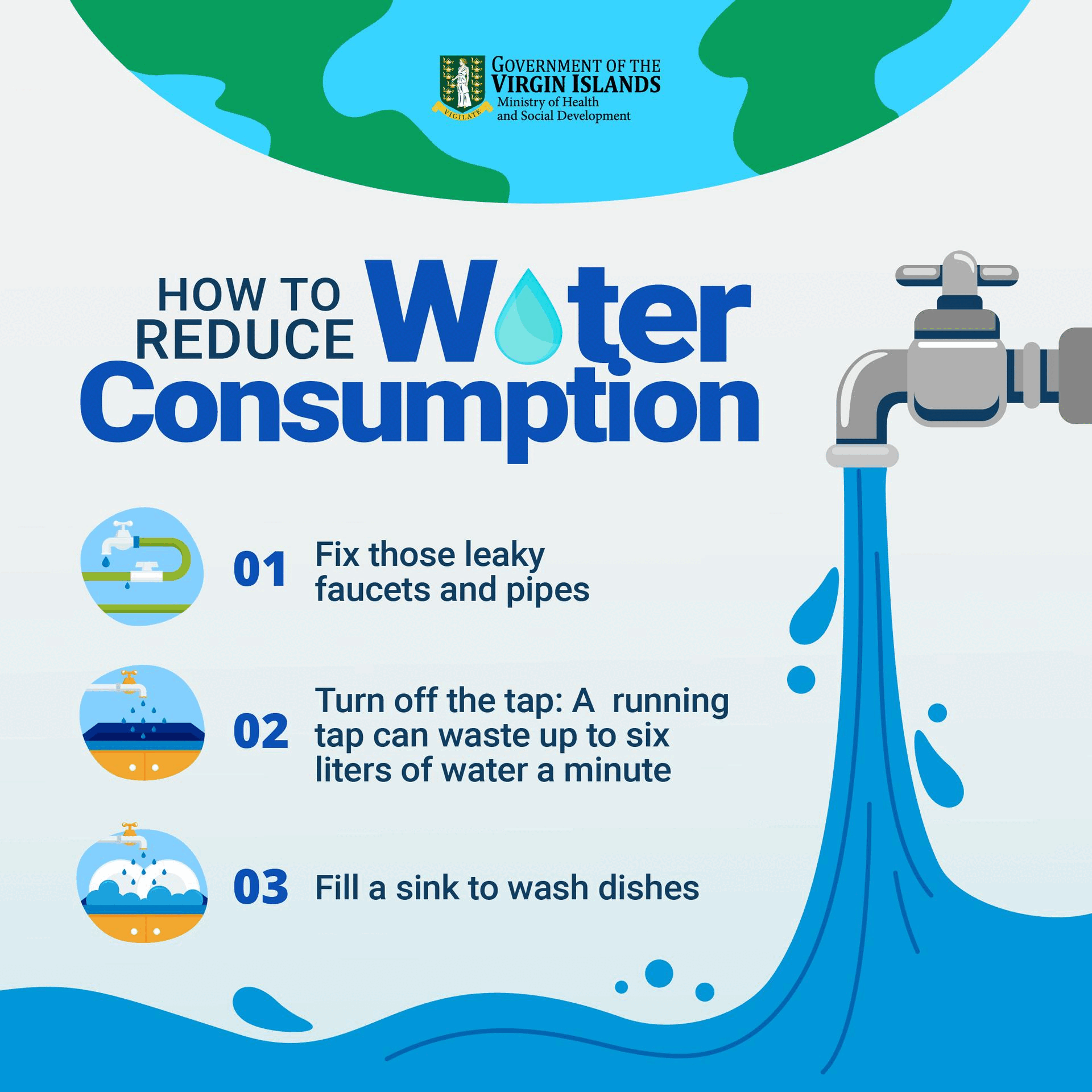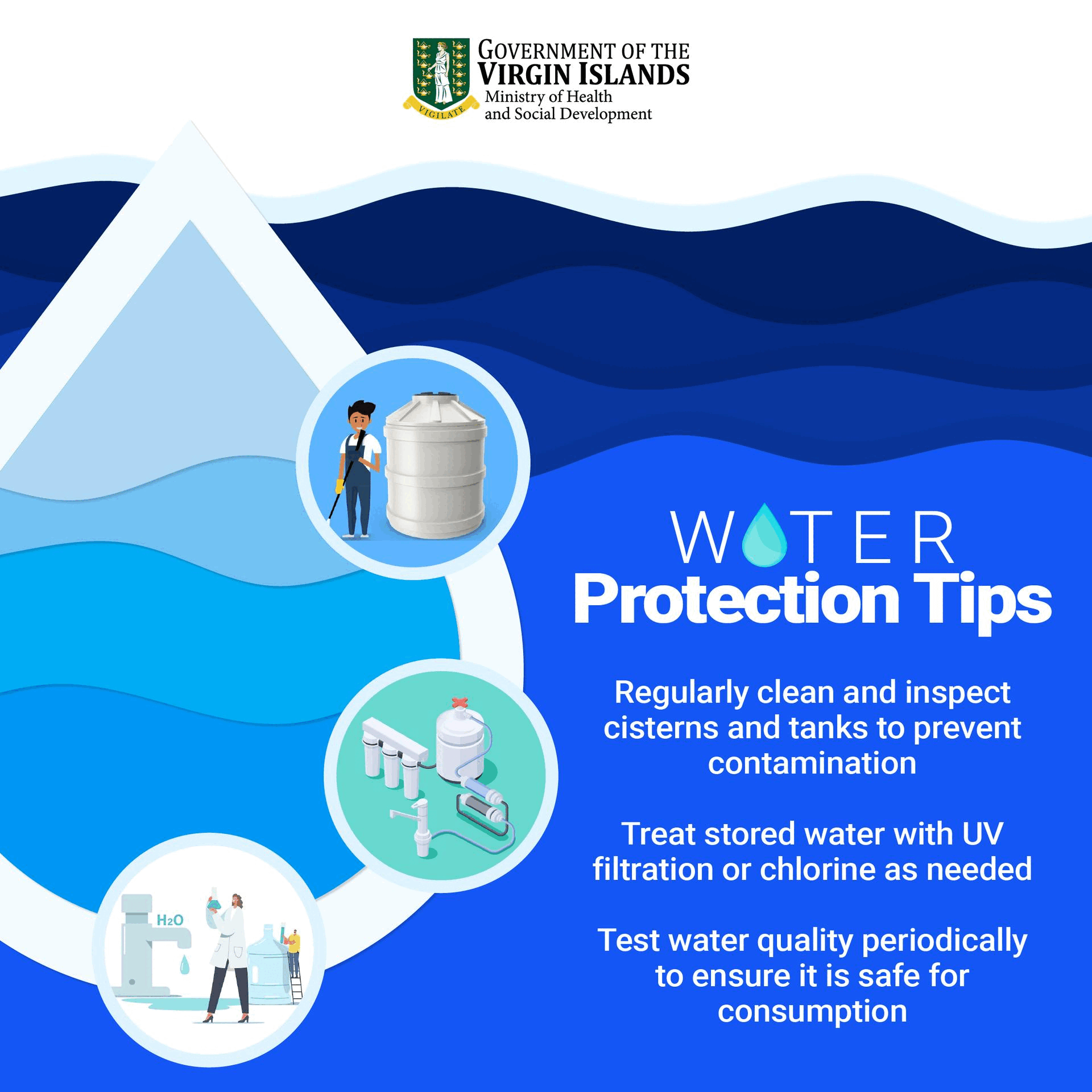Caribbean region could face further setback amid latest U.S. tariff threat
BASSETERRE, St. Kitts – On the eve of U.S. Secretary of State Marco Rubio’s visit to CARICOM member states, territories importing fuel and other oils based supplies from Venezuela may face high tariffs as the United States seeks to reduce the region’s reliance on Venezuelan oil.
In a statement, the U.S. State Department warned: “The United States will not tolerate any third-countries or their oil companies producing, extracting, or exporting oil and oil-related products with the Maduro regime in Venezuela. This is a regime that has consistently stolen elections, pillaged from its people, and colluded with our enemies. Any country that allows its companies to produce, extract, or export from Venezuela will be subject to new tariffs, and any companies will be subject to sanctions.”
Venezuela has long been a key supplier of oil and gas to the Caribbean through the PetroCaribe arrangement. However, the latest U.S. pressure poses a significant challenge for those who still benefit, as the region is already grappling with previous American policies, including restrictions on Cuban doctors.
During a briefing today (Mar. 25), ahead of Rubio’s visit to Jamaica, Guyana, and Suriname, U.S. Special Envoy for Latin America Mauricio Claver-Carone emphasized the opportunity for enhanced energy security in the region.
She acknowledged that energy dependence has been a longstanding weakness for the Caribbean, impacting economic development due to high electricity and fuel costs.
"Obviously, the fact that they are all dependent importers...also led to a long history of extortive practices from PetroCaribe, Venezuela that we’ve seen historically," Claver-Carone stated.
In 2005, the Nicolás Maduro administration in Caracas introduced the PetroCaribe agreement, allowing CARICOM nations to purchase oil on concessionary terms—paying for it later rather than upfront. However, due to U.S. sanctions, corruption, and declining supplies, the agreement collapsed by 2015.
Washington maintains that the Maduro-led administration used the program to exert undue influence over regional economies.
Even though PetroCaribe is no longer in operation, the U.S. remains concerned about Venezuela’s ongoing oil dealings with Cuba.
“We still see approximately 45,000 barrels per day being sent to Cuba at no cost to them, providing no revenue for Venezuela. This is a financial burden on the regime—a separate issue that warrants discussion,” she added.
The U.S. is now pushing for CARICOM nations to explore alternative energy partnerships, particularly with Guyana and Suriname, as these South American nations expand their oil production.
"What we seek, frankly – and I think that we have a great opportunity here – is, in regards to energy security and why the Secretary’s focused on this trip to Guyana and Suriname, is really...for these countries in the Caribbean to not have to be dependent on the Venezuelan oil. and then the schemes and extortion that came from that, from PetroCaribe, et cetera, in the past," she noted.
Washington remains hopeful that CARICOM states will secure new energy deals with Guyana and Suriname, reducing their reliance on Venezuela and strengthening regional economic stability.











.png)




















Leave a Reply